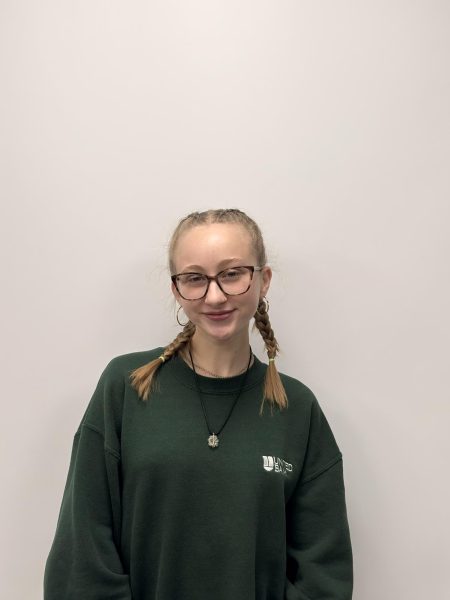Financial literacy is necessary for excelling in future endeavors
November 2, 2016
My biggest financial goal is to inspire my students, friends, and family to begin their journey toward financial literacy.
My journey toward financial literacy began in October of 2013 when I moved to Buffalo, NY. Coming from New York City, I had been the beneficiary of an incredible public transportation system, which allowed me the freedom to work in cafés and write poetry, rather than worry about trudging through snow in negative degree weather. When love urged me to make the move to Buffalo, I arrived soon after on a Greyhound Bus, unbeknownst to the perils of a Western New York winter.
I arrived about two months before the blizzards began. In this time period, I wandered Buffalo on foot applying to every location from Elmwood at Buff State to Hertel Avenue. Even with a summa cum laude degree from the City College of New York, I was only able to secure a job working at SPoT Coffee for five days a week and a now defunct pizzeria in the Allentown neighborhood for the other two days a week.
As the winds began to howl and the snow began to fall, it became imperative to save up enough money to purchase a car. I remember working an entire week usually leaving the home at 4:30 a.m. to open the coffee shop, or leaving it at 1 a.m. after we had swept, mopped and changed the garbage, and seeing a check for somewhere between $100 and $200.
In these moments of desperation I began to take the concept of financial literacy quite seriously.
I found the website wallstreetsurvivor.com, which allowed me to learn about investing by using imaginary money in a simulation of the real stock market. I learned about diversifying my portfolio, price to earning ratios, different levels of risk allocation and creating an individual plan for buying and selling based on reason and logic, rather than emotion and market fluctuations. I learned within the safe framework of an online simulation.
I completed every free course offered on that website and then voraciously moved into the free online program offered by Khan Academy where I watched every video about interest rates, buying a home, IRAs, 401ks, and other financial instruments. I found out that MIT offered free courses online, so I purchased the textbook for MIT’s accounting course and began to learn the basics of accounting.
While spending my free time applying to jobs better suited to my summa cum laude degree in English Literature, I joined an online forum and modified a budget from a Google Sheets template that was shared in my discussion group. This allowed me to track my income, my expenses, and then determine how much money I had to spend on a daily basis to avoid financial insolubility.
As my financial literacy grew, doors opened in conjunction. I was able to purchase a 1998 Buick LeSabre for $600 from a word of mouth recommendation, which allowed me to expand my job search.
This led to my position as a substitute teacher for the Buffalo Public Schools. After two years of working in the schools, I joined Teach for America and I was returned to the Buffalo Public Schools as a bilingual Special Educator. I followed Warren Buffett’s advice to “invest in what you know” and purchased 10,000 shares in SPoT Coffee, the same coffee shop I had worked for when I first moved to Buffalo.
On a wonderful day last month, the SPoT Coffee stock reached my 80 percent required growth threshold, so I sold off half of my shares for a sizable gain.
To reach my goal of inspiring my students, friends and family to begin the journey of financial literacy, I will continue to teach students the basics of money management, budgeting and the power of accruing interest as a first year as a Special Education teacher at Lafayette International School in Buffalo.
I am blessed to be teaching a class where I have been able to introduce my budgeting template to students so they can simulate saving money that they can use for prizes and incentives within the school walls. I also plan on teaching my students how to fill out basic tax forms so they are prepared and familiar when the time comes for them to transition into work.
Allowing my students to use school as a mock economy for the society they will soon join as contributing members will provide them the financial literacy tools that will allow them to make an impact on their community, the way financial literacy has made an impact on my own life.
email: [email protected]



